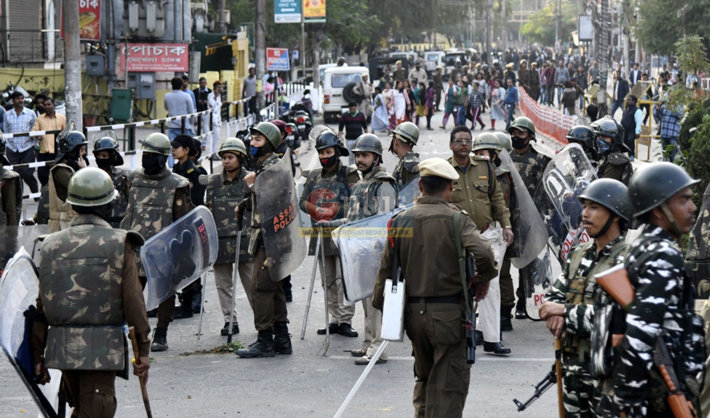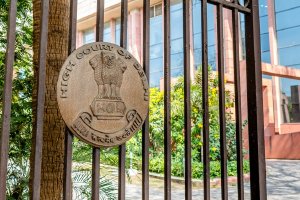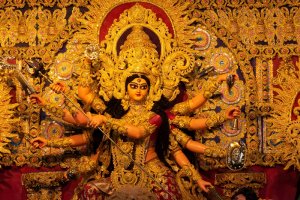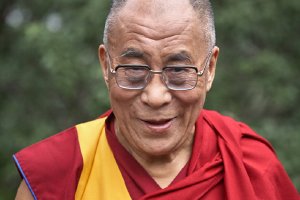Violent unrest has erupted across India over a contentious new citizenship law that offers immunity to undocumented immigrants from half a dozen religious faiths but excludes Muslims.

Known as the Citizenship Amendment Act (CAA), the law was passed by both houses of India’s Parliament on December 10 and 11. It expedites the path to citizenship for Hindus, Sikhs, Buddhists, Jains, Parsis and Christians if they can prove they are from neighboring Pakistan, Afghanistan or Bangladesh. The law does not apply to Muslims who illegally entered India, a Hindu-majority nation that is also the world’s largest democracy.
The bill amends India’s 64-year-old citizenship law, which until recently had prohibited all undocumented immigrants from becoming Indian citizens. Prime Minister Narendra Modi defends the law as an illustration of “India’s centuries-old culture of acceptance, harmony, compassion and brotherhood,” as he put it in a December 16 Twitter message, adding: “I want to unequivocally assure my fellow Indians that CAA does not affect any citizen of India of any religion. This Act is only for those who have faced years of persecution outside and have no other place to go except India.”
Opponents of the law claim Modi’s government is marginalizing India’s 200 million Muslims—the world’s second-largest concentration of Muslims after Indonesia, and violating the secular principles enshrined in the Indian Constitution which prohibits citizenship based on religion.
The turmoil generated by the law began on December 12 in the northeastern state of Assam, from where it rapidly spread elsewhere in the country, involving tens of thousands of protesters. Police in Assam’s capital of Guwahati fatally shot five protesters; at least 50 people were injured when riot police launched a brutal crackdown on student demonstrators at an Islamic university in New Delhi.
“The concern is that there’s going to be a process by which people will have to prove their citizenship, and if they are not able to do so, the fact that they don’t have a pathway to citizenship that’s being provided to Hindus, to Jains, to Sikhs, to others … is going to create a situation that’s very dangerous to Muslims.”
“I think this law is a mistake,” U.S. Congressman Brad Sherman, who co-chairs the Congressional India Caucus, told the BBC on December 17. “India justifies this law on the theory that Hindus and Jains etcetera will be persecuted if returned to Pakistan or Bangladesh.” But a minority sect of Muslims known as the Ahmadis, “which Pakistan legislates is not Muslim … would face the same kind of persecution that Hindus, Jains and Buddhists would be subject to,” Sherman noted, adding: “It’s hard to see the Indian government can exclude that Muslim sect from the benefit of this law.
“The concern is that there’s going to be a process by which people will have to prove their citizenship, and if they are not able to do so, the fact that they don’t have a pathway to citizenship that’s being provided to Hindus, to Jains, to Sikhs, to others … is going to create a situation that’s very dangerous to Muslims,” Anurima Bhargava, a member of the United States Commission on International Religious Freedom (USCIRF), said to the BBC in the December 17 article.
In a report released in April 2019, the USCIRF, a bipartisan, independent federal government body, stated that there was an “overall deterioration of religious freedom” in India in 2018, a year in which Hindu nationalists stepped up their decades-long anti-Muslim rhetoric and subjected members of the community to violent attacks. (The commission’s 2015 report noted that incidents of religiously inspired violence in India, including toward the small Christian community, had reportedly increased for three consecutive years.) The 2019 report listed India as a “Tier 2” country, where it rubbed shoulders with such nations as Burma, China, Pakistan, Iran and Saudi Arabia. In those countries, the government has tolerated or engaged in “particularly severe religious freedom violations, meaning those are systematic, ongoing and egregious,” the report said.
_______________
From its beginnings, the Church of Scientology has recognized that freedom of religion is a fundamental human right. In a world where conflicts are often traceable to intolerance of others’ religious beliefs and practices, the Church has, for more than 50 years, made the preservation of religious liberty an overriding concern.
The Church publishes this blog to help create a better understanding of the freedom of religion and belief and provide news on religious freedom and issues affecting this freedom around the world.
For more information visit the Scientology website or Scientology Network.


